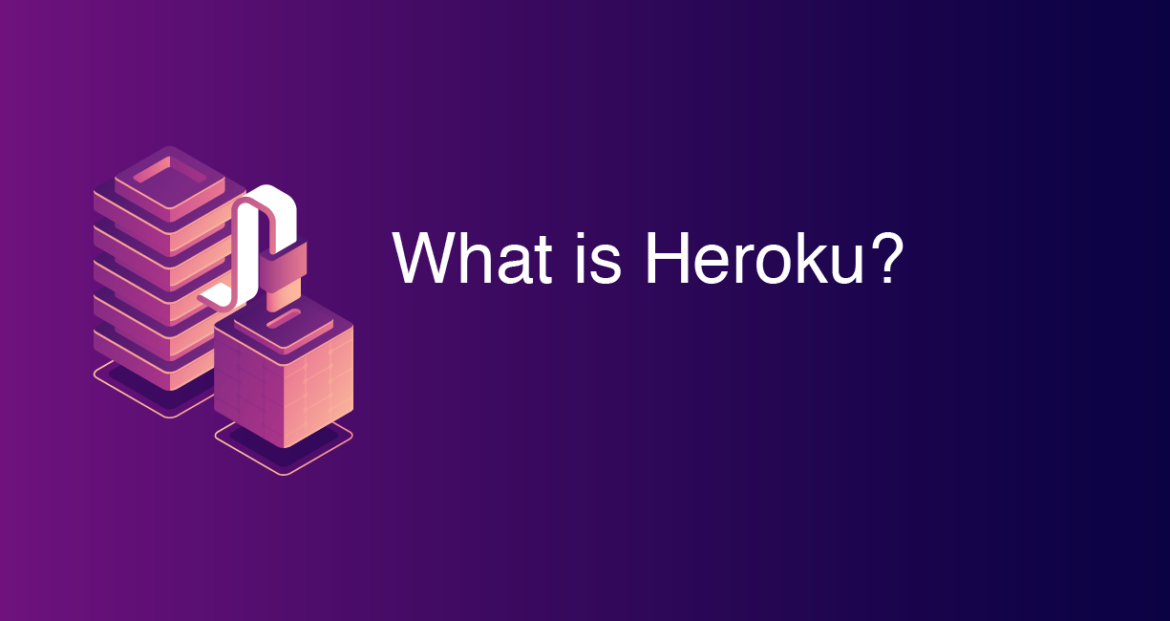Heroku is a SaleForce company, is a very popular App Hosting program.
If you want to find a good hosting service for your app, Heroku definably is one of your choice.
Overall, I would claim that for tiny to mid-size applications with rewards and functionality, Heroku is really useful. It also offers a free edition for really simple applications where you can see the ease of configuring mobile apps, which is often a hassle for web developers when deployment begins. For each commit to master branch, you can link github with heroku and configure deployment.
Firstly, it’s simple to set up applications for every web server. I used to install Node.js with Rails null and with feathers and ruby. Besides simple installation, you can attach lots of addons for your server, e.x log keeper, dns admin, spreadsheet, cron work scheduler and a number of third-party applications that actually use software site development teams. In addition, it has built in metrics and summary charts to see failures, reaction delay and use of your preferred plan’s ram processor while you app crashed over 24 hours. I might tell that it’s simple to turn to paying plans within heroku while talking about plans.
Nevertheless, I experienced a few drawbacks during 2 years of practice that I will list for now. First of all, since I do domain migration and my new and old domains have ssl licenses, I had trouble setting up redirection since I encountered such a question. The issue is that you can’t install 2 SSL certs in a single app, however as many domains as you like can be registered. Heroku gives one choice to use an external paid addon that is not worthwhile, if I were still using ngnix server I might provide a single configuration solution to this issue. Often I found another issue that crashed the staging pipeline app that should be manually restored later and I don’t know the explanation yet.
Reasons for selecting Heroku: Trully now informs me that I use Heroku for the mid-size version, which is a more preferable option for the form of apps I listed in the above query with advantages and drawbacks. I think Heroku with Ruby is an ideal option for a lot of new entrepreneurs while launching an app.
Here I list 5 pros and 4 cons about Heroku for your consideration:
Pros:
- “Heroku is super cheap for small-scale applications and experiments, even though I have hosted all of my applications on free plans.”
- “For most popular languages such as Python, Node, Ruby and PHP, it is really simple to start with sufficient documentation. Provide a generous free tier where you can deploy a prototype or test program.”
- “Super simple to set up and use (with a git-like terminal client), loads of plugins that only point-and-click to connect databases, cache, and other useful stuff to your software.”
- “Heroku is a great substitute, as someone enthusiastic about Node and Response, but also as someone who does not want to learn how to use AWS (at least not yet),.”
Cons:
- “On a regular basis, I use Heroku. While it is my primary source for my projects to host backends, it does not come without annoyance.”
- “For broad applications, prices may be strong. Lack of thorough handling of errors”
- “The database that needs to be used for websites is small. In order to deploy to Heroku, I was once compelled to switch my database from MySql to PostgreSQL.”
- “Have problems removing my account and now I’m being paid. This is really annoying and ridiculous.”
Reasons for Heroku Choice: Ease of usage. Pleasant credibility. Great match for apps of Ruby on Rails.
Reasons for Moving to Heroku: It was a fairly obvious move to do back in 2014 to migrate from bare metal to cloud. Since they were the de facto PaaS for Ruby on Rails apps, we chose Heroku and we wanted to enable developers without a dedicated DevOps team to handle deployments.








